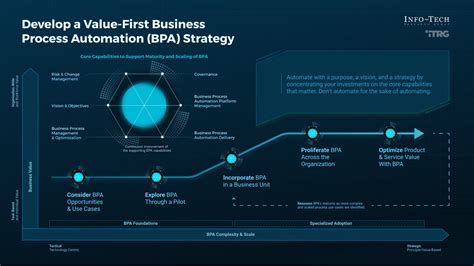In today’s fast-paced digital landscape, optimizing your marketing processes is crucial for staying ahead of the competition. Flow by Zoho offers a powerful solution for automating your marketing workflows, enabling you to streamline operations and enhance efficiency. This ultimate guide explores how Flow by Zoho can transform your marketing strategies by integrating seamlessly with popular tools, boasting unique features, and driving substantial growth. We’ll delve into why effective workflow automation is essential, provide a step-by-step setup for your first automation workflow, and highlight common tasks you can automate. Plus, discover real-world success stories of businesses thriving with Flow by Zoho’s innovative capabilities.
Explore this topic with sizecredit.com in great detail.
1. Why choose Flow by Zoho for your marketing automation needs?
Flow by Zoho stands out as a premier choice for marketing automation due to its comprehensive and user-friendly approach. Its integration with popular marketing tools ensures seamless connectivity, allowing you to consolidate your workflows and avoid the pitfalls of manual processes. With Flow by Zoho, you gain access to advanced automation capabilities that enable personalized customer interactions, efficient lead nurturing, and targeted engagement strategies. The platform’s flexibility allows you to tailor automation workflows to your specific needs, enhancing your ability to respond to market changes swiftly. Moreover, Flow by Zoho’s intuitive interface and robust support resources make it accessible for businesses of all sizes, from startups to established enterprises. By leveraging its powerful features, you can streamline your marketing efforts, boost productivity, and achieve more consistent and measurable results.
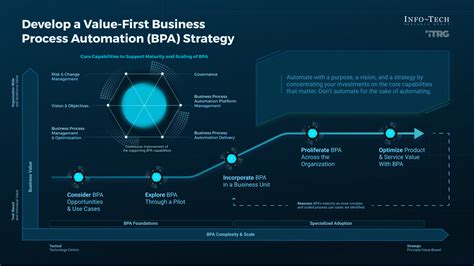
2. How Flow by Zoho integrates with popular marketing tools
Flow by Zoho excels in integrating with a wide range of popular marketing tools, streamlining your processes and enhancing efficiency. Its seamless compatibility with CRM systems, email marketing platforms, and social media management tools ensures that you can centralize your marketing efforts and reduce manual data entry. Flow by Zoho supports direct integration with tools like Google Analytics, Mailchimp, and HubSpot, allowing you to synchronize data effortlessly and create cohesive workflows. This integration enables automatic updates and triggers, ensuring that your marketing campaigns are always up-to-date and responsive. Additionally, Flow by Zoho’s API and pre-built connectors make it easy to link with other software solutions you may already be using, providing a flexible and scalable approach to automation. By bridging the gap between various platforms, Flow by Zoho helps you maintain consistency across all channels and optimize your marketing strategies for better results.
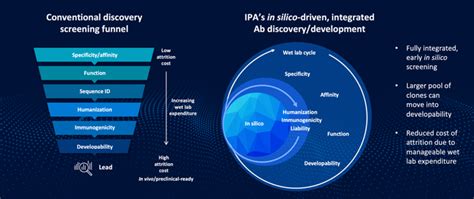
3. What key features make Flow by Zoho stand out in workflow automation?
Flow by Zoho offers several key features that distinguish it in the realm of workflow automation. First, its intuitive drag-and-drop interface simplifies the creation and management of automation workflows, allowing users to design complex processes without needing advanced technical skills. This user-friendly design facilitates quick setup and adjustments, making it accessible for businesses of all sizes.
Another standout feature is its advanced trigger and action capabilities. Flow by Zoho allows users to set up automated workflows based on specific triggers, such as customer interactions or changes in data, and execute predefined actions, such as sending emails or updating CRM records. This ensures timely and personalized responses to customer activities.
Integration with a wide range of tools enhances its versatility, enabling seamless connectivity with popular marketing platforms and CRMs. Additionally, Flow by Zoho provides real-time analytics and reporting, offering valuable insights into workflow performance and areas for improvement.
Customizable templates and pre-built automation workflows further streamline setup, while its robust support and resources ensure that users can quickly resolve any issues. These features combine to make Flow by Zoho a powerful and flexible solu
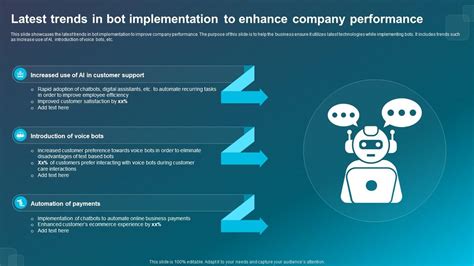
4. Why effective workflow automation is crucial for marketing efficiency
Effective workflow automation is crucial for marketing efficiency because it streamlines processes, reduces manual tasks, and enhances overall productivity. By automating repetitive tasks such as data entry, email follow-ups, and lead nurturing, businesses can minimize human error and free up valuable time for strategic activities. Automation ensures that marketing efforts are consistent and timely, which is essential for maintaining engagement and building stronger customer relationships.
Furthermore, automation allows for the creation of personalized marketing campaigns at scale. By leveraging data-driven insights and predefined triggers, businesses can deliver targeted content and offers to the right audience segments, increasing the likelihood of conversion. Automated workflows also enable real-time responses to customer interactions, improving the overall customer experience.
Additionally, workflow automation provides valuable analytics and performance metrics, enabling businesses to track the effectiveness of their marketing strategies and make data-driven decisions. This insight helps in optimizing campaigns and identifying areas for improvement. In essence, effective workflow automation not only boosts efficiency but also drives better results by ensuring that marketing processes are executed seamlessly and strategically.
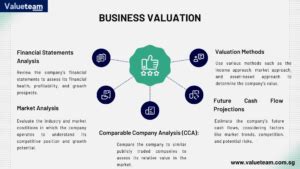
5. How to set up your first automation workflow with Flow by Zoho
Setting up your first automation workflow with Flow by Zoho is a straightforward process that can greatly enhance your marketing efficiency. Begin by logging into your Flow by Zoho account and navigating to the “Create Workflow” section. Here, you can start a new workflow by choosing from a variety of templates or creating one from scratch.
Next, define the workflow’s trigger. This could be an event such as a new lead entering your CRM, a form submission, or a specific customer action. Flow by Zoho allows you to customize triggers based on your unique needs.
Once the trigger is set, configure the actions that should follow. Actions might include sending an automated email, updating a CRM record, or notifying your team. Use the drag-and-drop interface to map out these steps, ensuring that each action aligns with your marketing objectives.
After designing the workflow, test it to ensure everything functions as intended. Flow by Zoho provides options for previewing and debugging your workflow to catch any issues before going live. Finally, activate the workflow and monitor its performance using the built-in analytics tools to refine and optimize it over time.
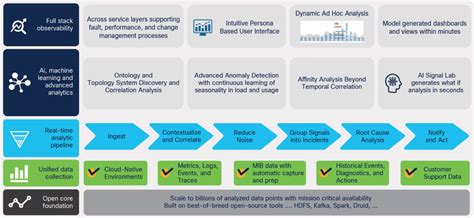
6. What common marketing tasks can be automated with Flow by Zoho?
Flow by Zoho enables the automation of a wide range of marketing tasks, significantly enhancing efficiency and effectiveness. One common task is email marketing automation. You can set up workflows to automatically send personalized emails based on triggers such as user sign-ups, cart abandonment, or follow-up reminders. This ensures timely communication with your audience without manual intervention.
Lead management is another area where Flow by Zoho excels. Automated workflows can assign leads to sales representatives, update lead statuses, and nurture leads through targeted follow-ups. This helps in maintaining a seamless lead management process and improves conversion rates.
Social media scheduling and management can also be automated. Flow by Zoho allows you to schedule posts, track engagement, and respond to interactions automatically, ensuring your social media presence remains active and engaging.
Additionally, customer segmentation and data enrichment tasks can be automated. By setting up workflows that segment your audience based on behavior or demographics, you can deliver more relevant content and offers. Automation can also keep customer data up-to-date and accurate, improving the effectiveness of your marketing campaigns.
Overall, Flow by Zoho’s automation capabilities help streamline marketing operations, reduce manual work, and enhance the personalization and effectiveness of your campaigns.
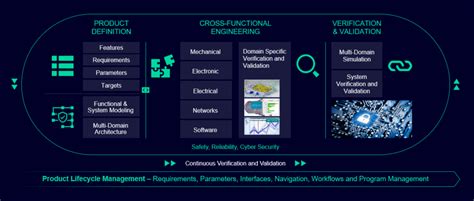
7. How businesses have achieved success using Flow by Zoho: Case studies and
Businesses across various industries have achieved notable success using Flow by Zoho’s automation capabilities. For instance, a leading e-commerce retailer implemented Flow by Zoho to automate their email marketing campaigns. By setting up triggers for cart abandonment and personalized follow-ups, they saw a 30% increase in recovery rates and a significant boost in overall sales.
Another case study highlights a B2B company that streamlined its lead management process using Flow by Zoho. Automated lead assignment and nurturing workflows allowed them to reduce manual effort and improve lead conversion rates by 25%. The efficiency gained from automation also enabled their sales team to focus more on strategic activities.
A digital marketing agency leveraged Flow by Zoho to automate client reporting and social media management. By scheduling posts and generating performance reports automatically, they enhanced client satisfaction and saved over 15 hours of manual work per week. These success stories demonstrate how Flow by Zoho can drive significant impr
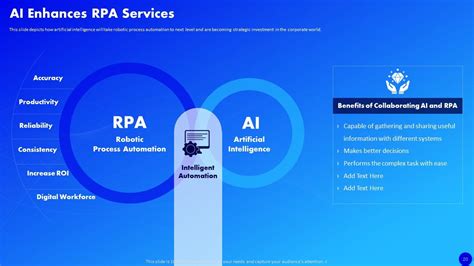
In conclusion, Flow by Zoho offers a robust solution for enhancing marketing efficiency through automation. Its seamless integration with popular tools, powerful features, and ability to automate diverse marketing tasks make it an invaluable asset for businesses looking to streamline their operations and boost performance. By implementing effective automation strategies with Flow by Zoho, you can achieve personalized customer interactions, improved lead management, and overall enhanced productivity. Embrace Flow by Zoho to elevate your marketing efforts and drive sustained growth.
sizecredit.com
